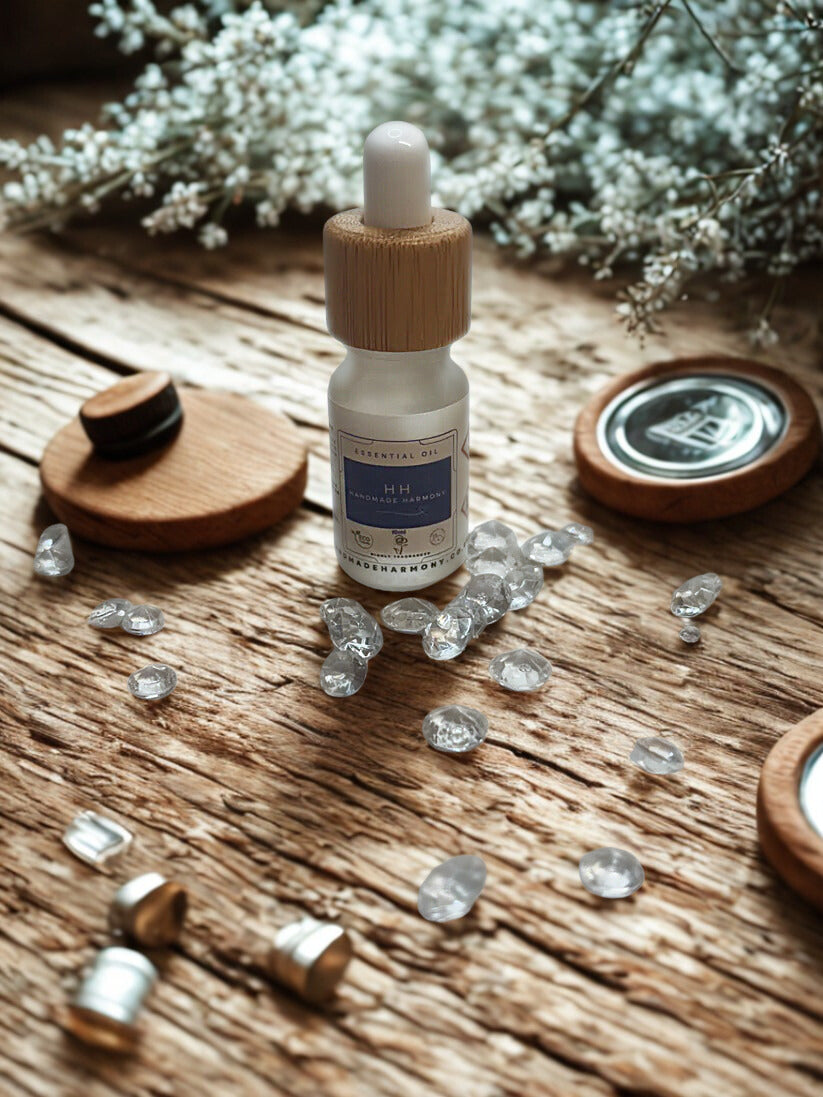How Essential Oils Are Used:
- Aromatherapy: Essential oils are often diffused into the air or inhaled to promote relaxation, uplift the mood, and improve mental clarity.
- Topical Application: When diluted with a carrier oil, essential oils can be applied directly to the skin to address specific concerns like muscle pain, skin irritation, or dry skin.
- Massage: Essential oils are often used in massages to relax muscles, relieve tension, and soothe the body.
- In Skincare: Essential oils can be added to facial creams, lotions, and serums to enhance their therapeutic properties, such as promoting a glowing complexion or reducing acne.
- Cleaning: Many essential oils, like lemon or tea tree, have natural antimicrobial properties and are used in homemade cleaning products to purify the air and disinfect surfaces.
Safety Considerations:
- Dilution: Essential oils should be diluted with a carrier oil (such as coconut or jojoba oil) before being applied to the skin to avoid irritation.
- Avoid Direct Contact with Eyes: Essential oils are potent and should never be applied directly to sensitive areas, like the eyes or mucous membranes.
- Pregnancy & Medical Conditions: Some essential oils may not be suitable for pregnant women or those with certain medical conditions. It's always best to consult a healthcare professional before use.
Conclusion:
Essential oils are powerful, versatile, and natural extracts that provide a variety of benefits, from enhancing mood and reducing stress to supporting overall health. Whether used for aromatherapy, skincare, or cleaning, essential oils offer a holistic approach to well-being that promotes relaxation, healing, and a sense of calm.

